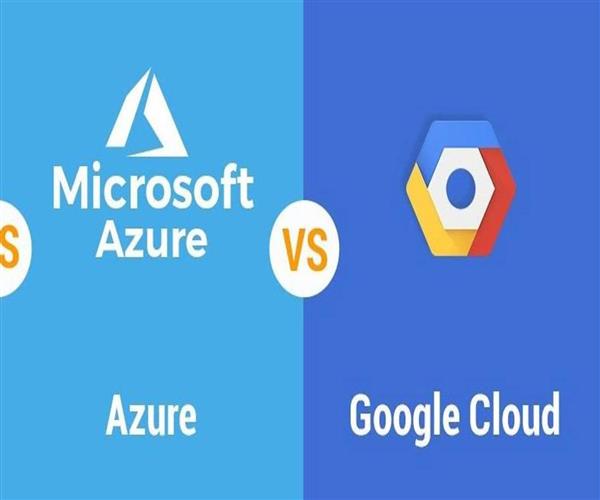
Google accuses Microsoft of cloud monopoly
Google Cloud, a branch of Alphabet, has criticised future deals with many European cloud vendors, arguing that they do not address broader flaws with its licencing conditions. Microsoft has been charged with using anti-competitive cloud computing techniques by Google Cloud as well.
In its first public comments on Microsoft and its European acquisitions, Google Cloud Vice President Amit Zavery told Reuters that the company has raised the issue with antitrust authorities and urged European Union antitrust officials to undertake a more complete probe.
In its reply, Microsoft cited a blog entry from May of last year in which its president Brad Smith said that the business "has a solid number two position when it comes to cloud services, with slightly over 20% market share of worldwide cloud services sales."
A Microsoft representative told Reuters on Thursday that the company is committed to the success of the European Cloud Community.
ALSO READ: Microsoft Windows 11 can run on Apple's M1, and M2 Macs
In the fast growing, multi-billion dollar cloud computing business, where Amazon and Microsoft are the two market leaders, the two American software behemoths compete fiercely.
Due to a few dominant organisations and the industry's rising significance as more businesses move their services to the cloud, the sector has lately been under more regulatory scrutiny, especially in the United States and Great Britain.
Microsoft has committed to change its cloud computing practises as part of an arrangement with a few smaller competitors, who would stop their antitrust lawsuits in exchange, a source with direct knowledge of the issue told Reuters this week.
The action will prevent an EU investigation.
"Microsoft has a clear anti-competitive agenda in the cloud, there is no mistake about it. By leveraging their dominance in the on-premise market, Office 365, and Windows, they are tying together Azure and the other cloud services and making it difficult for customers to make a choice, according to Zavery in a late-Wednesday interview.
Numerous of our clients claim that because of the costs and licencing restrictions imposed by several of these bundling strategies, it is impossible for them to switch providers.
"Unfair benefit"
Zavery claims that special deals established with a number of smaller European cloud providers only serve Microsoft's interests.
"They essentially buy off people who complain and sort of isolate everyone else from such situations. Hence, Microsoft is undoubtedly granted an unfair advantage and is associated with the complainants.
According to the author, "Whatever they're giving, there should be conditions across the board for everyone, not just for one or two they've selected and picked. That just goes to show you how much market power they have to kind of go and do those things individually."
"I would advise the government to take a comprehensive approach to this issue because even if one or two suppliers came to an agreement, the greater issue would still exist. And rather than issues with specific vendors, it is the problem itself that requires our attention.
The European Commission decided against commenting.
One of the CISPE members, Amazon, has joined a new EU antitrust complaint against Microsoft. The trade organisation has rejected Microsoft's revisions.
Zavery criticised the notion that the issue is primarily a conflict between Google and Microsoft.
ALSO READ: Microsoft brings ChatGPT-integrated premium Teams service
The question has nothing to do with Google. Simply said, I just want to be really clear about it. A cloud, indeed. According to him, the concept behind the cloud was to provide users with more alternatives and an open, flexible method to distributing their software, enabling them to do so much more conveniently anyplace they desired.


